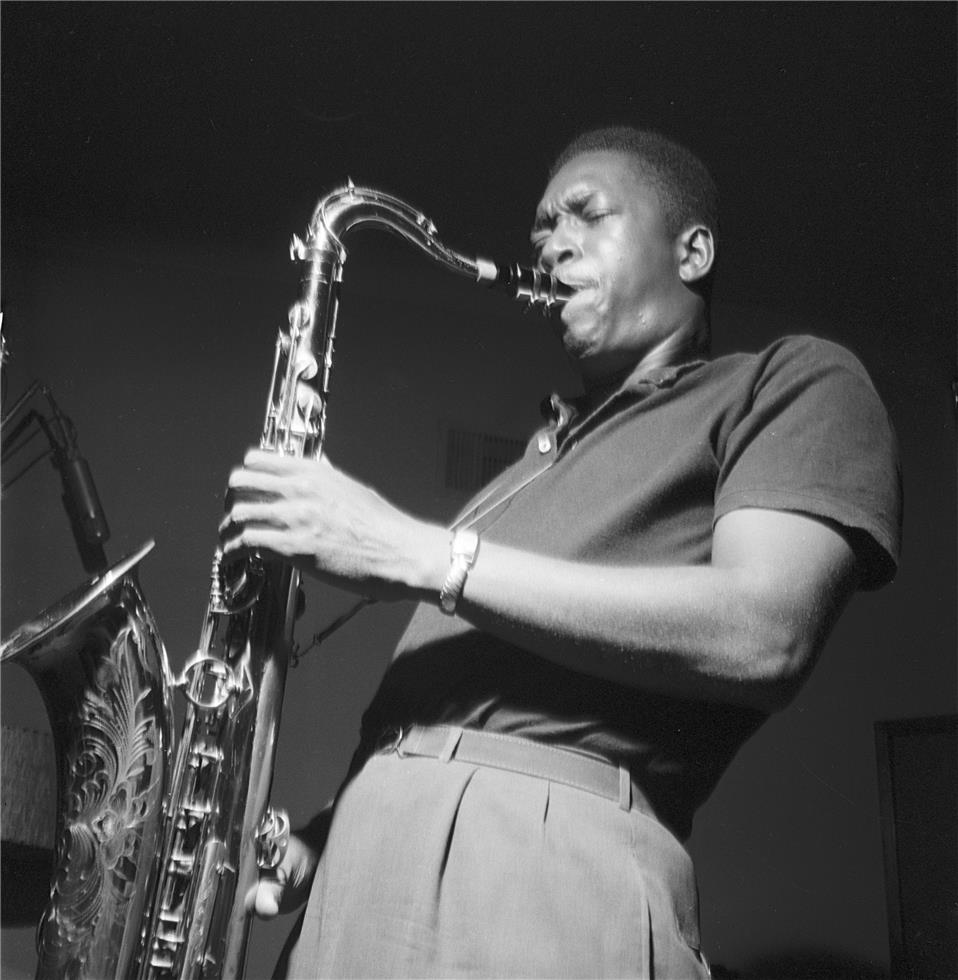
Digital Learning Club
It’s tempting to mythologise the virtuoso performances of a musician like jazz saxophonist John Coltrane, seeing them as purely the product of an inspirational moment.
Inspiration is a factor, but such sublime music wouldn’t be possible without the practice. It’s the constant repetition of arpeggios, scales, difficult passages and fingering techniques that make the art captured on record possible.
As a music student and then a semi-professional jazz musician repetition and practice were everything; the idea was to make the reproduction of a score so automatic that when it came to the performance it was almost as natural as breathing.
It might seem a little glib to draw parallels between music and learning but I think it’s valid. My own experiences certainly made me think more deeply about how these approaches could be used to help students when I later became a peripatetic teacher of maths and science, supplementing this with tuition. The way that I could help all of my students best was to teach them how best to practice towards mastery.
Methodology
I worked with many hundreds of students during this time and the common thing holding them back was confidence. I felt the key way to tackle this lack of confidence was not pep talks or pats on the back, but through giving them a methodology for practice that would prove to themselves that they could learn.
The professional musician’s extremely rigorous method of practicing the basics can be applied to teaching; if students do not have foundational knowledge of equations or units then their ability to apply their knowledge will be really compromised. These base concepts need to be practiced in different combinations so that they can be embedded.
If a student has a gap in their knowledge or a lack of confidence, then parents will often go down the tuition route. Even though I once tutored myself, I struggle with the concept of tutoring. It can be quite inefficient as a process and it can be expensive. I think it can also create educational inequality. Tutoring is inaccessible to the vast majority of people. I know, I was part of it. I used the money I charged my clients, (the ones I did charge), to fund the building of the Tassomai intelligent learning program, designed to provide a level of support that tutors couldn’t.
Even if tuition is a possibility for families it is often not sustainable in the long term. It is better to give the student the methodology and the tools so that they can do the practice themselves. The Tassomai philosophy has parallels with public transport; it’s better to create affordable mass transportation systems such as buses and trains so that everyone can get to where they want to be, rather than allowing the privileged few to move around in their Ferraris.
Technology can provide an accessible and affordable alternative to tuition but in order for it to really make an impact it is important that it learns what the student does and doesn’t know. Tassomai takes a quizzing approach but it’s much more than that. The algorithms inside the program diagnose where the misconceptions are, and tailor questions to that student’s weaknesses, while at the same time exposing the student to the course material and getting them to engage with it. In a way it is an intelligent revision guide sliced into tiny, digestible chunks.
Incremental gains
It’s also important that the student witness the change in themselves. Fitness enthusiasts always talk of their incremental gains, which they can see on the apps installed in their watches or phones. These improvements spur them on. In Tassomai we have built a learning tree which reflects the student’s learning progress. The fuller and sturdier the tree the more secure that student is. It is a vivid visual representation of progress that is key to a student’s motivation and a powerful reminder that we are now at the stage where technology can give all students a way of practicing towards mastery that is much more effective – and accessible – than traditional approaches to tuition.
Learning and revision expert Murray Morrison is the founder of Tassomai, an intelligent learning program that raises attainment in secondary education. With a game-informed design, Tassomai works by giving students personalised daily practice activities that identify learning gaps that can be quickly closed by teachers through intervention strategies. More than 500 schools now use Tassomai as a homework tool, with over 250,000 students benefiting from the software. Parents can also sign up as private subscribers. www.tassomai.com/about-us
Register for free
No Credit Card required
- Register for free
- Free TeachingTimes Report every month